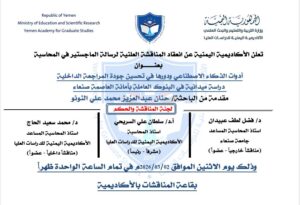Over the last few years, the number of embedded sensors have been increased in smart devices (e.g., mobile phones and smart watches) that are supported by several vendors in which each one has different data models. As a result to the heterogeneity of these devices, a variety of data are generated by heterogeneous sensors. Therefore, some researchers have attempted to mitigate the incompatibility between the massive quantity of the collected data and facilitate meaningful data integration between machines by using the semantic web technologies. Furthermore, to analyze and understand a given phenomenon extensively such as monitoring the environment, getting data from one source is insufficient and needs to get and combine some additional data from multiple sources. During data fusion process of multiple sources, some semantic conflicts may be arise and therefor need to be detected and resolved before presented to the user. Traditional multi-sensor data fusion can deal with the same type of data effectively. However, the heterogeneous data with different units of measurement must be compatible to provide a comprehensive and reliable feedback related to a specific phenomenon.
To address this issue, this study proposes a semantic data fusion framework to provide the semantic data integration between heterogeneous sensors data. Taking the semantics of the data into the consideration, the proposed framework should detect and resolve the semantic conflicts of measurement units that might arise between the heterogeneous sensors data.
Furthermore, this study has introduced with an application was implemented as a proof-of-concept to demonstrate the visibility of the proposed framework. Consequently, empirical evaluations were then carried out to evaluate the effectiveness of the proposed framework through evaluating a semantic data integration potential and query processing performance with a set of SPARQL queries taken from the benchmark and real row weather datasets. Furthermore, the evaluation of detection and resolving of measurement units conflicts was carried out based on temperature measurements and their variant units. The proposed framework has shown to be efficient compared to the other framework benchmark in terms of query processing performance within a semantic data integration. Moreover, the proposed framework has proved its efficiency especially in terms of detecting and resolving the semantic conflicts of data measurement units, which were neglected in the benchmark.
عنوان الرسالة
الملخص




